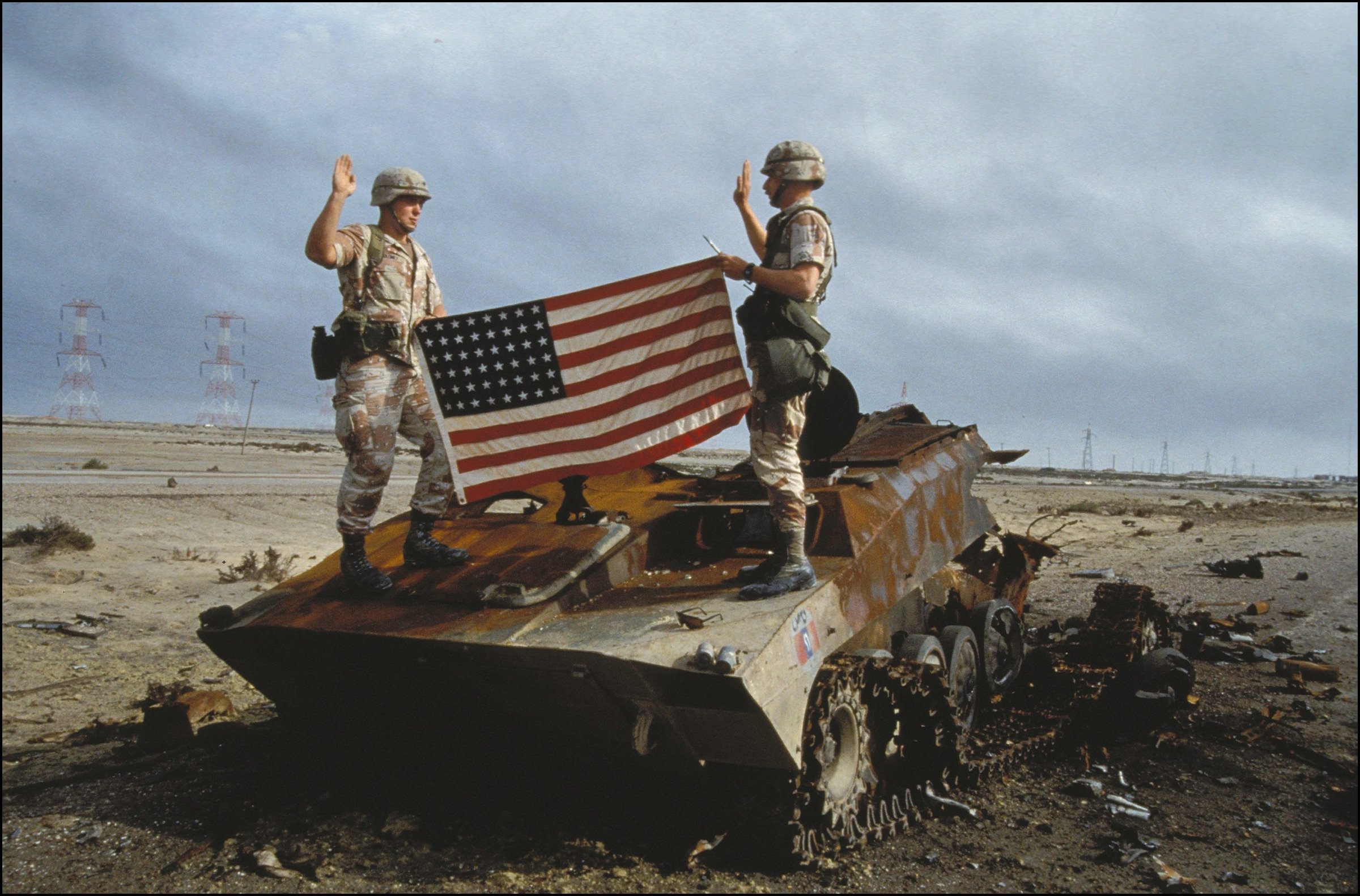
When the United States declared war on Japan after the 1941 Pearl Harbor attacks, it signified one of the last times the country officially declared war.
Korea, Vietnam, the Persian Gulf, Afghanistan, Iraq: technically, those were not wars. Those conflicts, and other in between, are considered “Extended Military Engagements.” President Obama too has been selective about the way he uses the word “war” in the build-up to today’s situation with the Islamic State in Iraq and Greater Syria (ISIS).
Call it whatever you want: “targeted action,” “a systematic campaign,” or a “sustained counter-terrorism strategy” – but don’t call it war.
Correction Oct. 4
The original version of this story misstated who has the power to declare war on behalf of the United States. It also misstated the last time the U.S. formally declared war. Congress, not the President, has the power to declare war under the Constitution. The United States’ most recent declarations of war were issued against Bulgaria, Hungary and Romania in 1942, not against Japan in 1941.
More Must-Reads from TIME
- How the Economy is Doing in the Swing States
- Harris Battles For the Bro Vote
- Our Guide to Voting in the 2024 Election
- Mel Robbins Will Make You Do It
- Why Vinegar Is So Good for You
- You Don’t Have to Dread the End of Daylight Saving
- The 20 Best Halloween TV Episodes of All Time
- Meet TIME's Newest Class of Next Generation Leaders
Contact us at letters@time.com